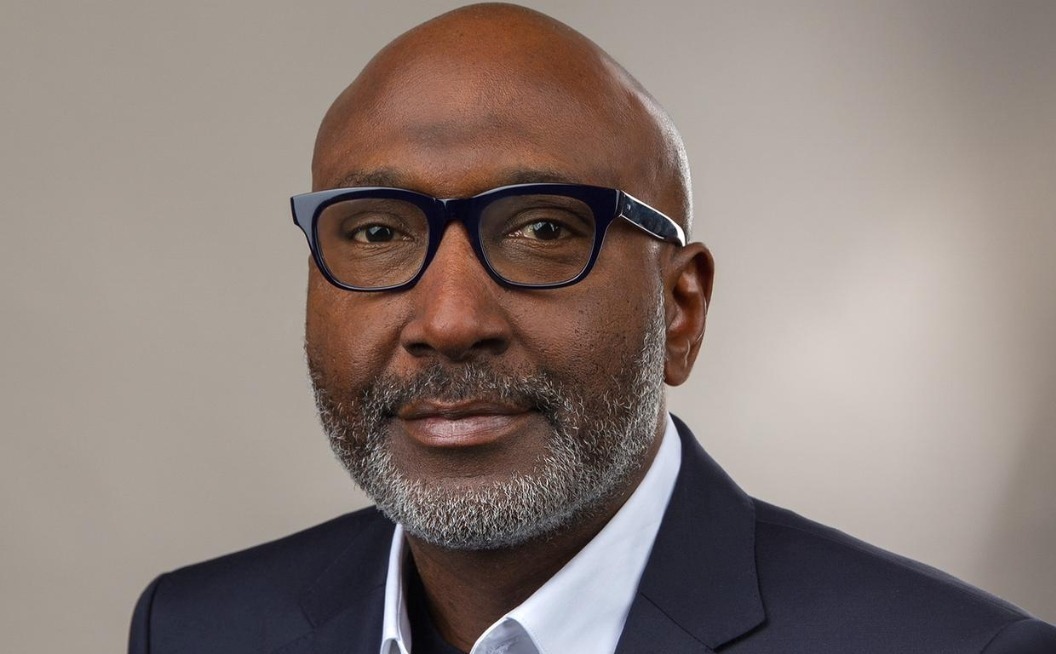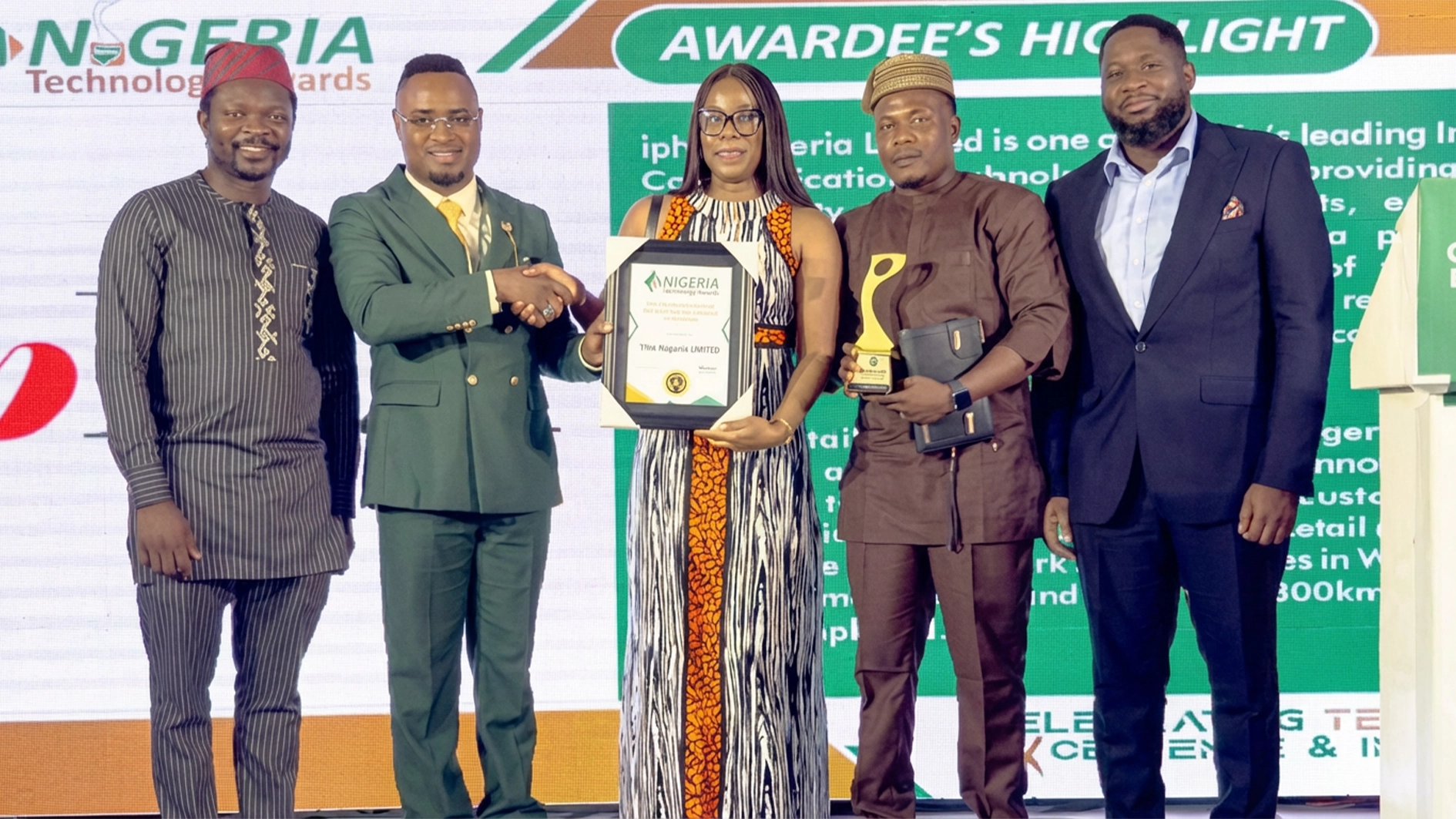
Environmental experts have disclosed that over 70 percent of companies in Cross River State do not have Environmental Impact Assessment (EIA) plan.This position was made known recently in Calabar at a two-day workshop on Capacity Building (EIA Training) and Advocacy Against Land grabbing in Cross River by Rights Action/Friends of the Earth Nigeria (ERA) in partnership with Community Forest Watch Nigeria.
Presenting a paper on “Appraisal of EIA Forest Land Grabbing in Nigeria”, a senior lecturer at the University of Calabar, Dr. Raphael Offiong said some mining companies have abandoned lots of mining pits that would be of great danger to communities involved in the nearest future because there was no EIA plan.
He said: “70% of our quarries in Akamkpa do not have EIAs and lots of mining pits have been abandoned because there was no EIA when these companies started work. Most of them preferred cutting corners to get approval from the communities.“But it is your right to ask questions from the chiefs and elder and even the companies and when you see that things are not right, you can go to court.”
Offiong explained that while companies are looking for ways to cut corners, communities should demand to be involved in all process of the EIA plan.Also speaking, the Executive Director Gender Friendly Initiative, Mrs. Glory Effiong, noted that with the training programme, women should be able to speak against land grabbing in their communities.
She stated that the era where women are made to stay behind while the men front and make decisions concerning the development of a community is no longer in existence.
While charging women to speak against land grabbing, she said, “some EIA’s would not be approved if women are not carried along. There should be gender sensitive in the processing of an EIA.”
The coordinator of Community Forest Watch, Maurice Olory, said the forest needed to be monitored through proper advocacy.Olory emphasized on forest laws as advocacy tools, saying, “one of the viable instruments we have for advocacy is the EIA Law. One of the laws is that you must be involved in the process and if that did not happen, you have the right to go to court.
“Our forest is our life, we must protect it. One of the laws is that you must be involved in the process and if that is not done, you have the right to go to court.”
Some State House of Assembly members at the programme, commended the ERA and CFW for the initiative and promised that the House would collaborate with communities in the state against land grabbing.They charged participants to be a watch dog to their communities by asking questions and demanding for their rights.






